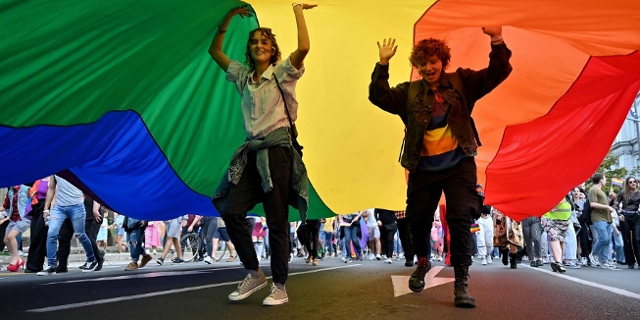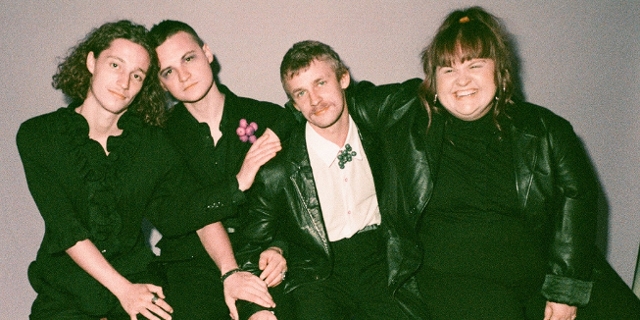Democracy in Austria has a legitimacy problem
I am one of the 1.13 million people of voting age living in this country who aren’t eligible to vote because we aren’t Austrian citizens.
That’s 15 percent of the voting age population. We’re a pretty diverse group. According to Gerd Valchars, an expert in electoral law and citizenship who has analysed population and voter statistics, roughly half of us are from other EU member states, half are from third countries. Around 14% of us were born here and 56% have been living here for five years or more.
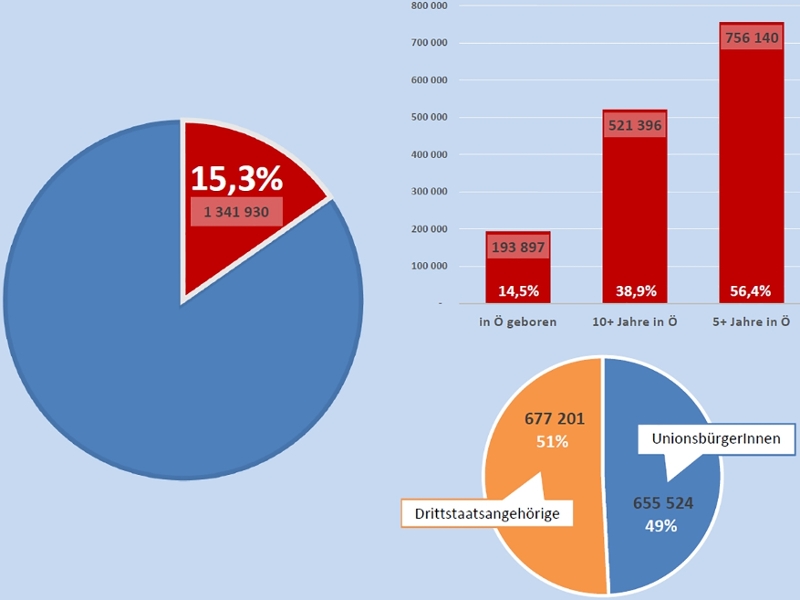
Gerd Valchers
Not having a vote means not having a voice. A large part of the Austrian population is not represented, has no influence on the make-up of the Austrian parliament, and cannot contribute to the legitimisation of the government of the country in which we live, work and pay our taxes. There is no competition for our votes in the election campaign, because we have no vote, and the political parties have no reason to take our interests into account. Furthermore, the political parties have no fear of losing votes if they campaign against us and our interests. Gerd Valchars says this means that „Demokratie verliert dadurch nicht nur an Inklusivität, sondern maßgeblich auch an Legitimation“.
But how does this affect you, as one of the 6.340.336 Wahlberechtigen in Austria?
Essentially, Gerd Valchars argues that the exclusion of foreigners means that YOUR interests may be be neglected by the political parties. He talks of an “Auseinanderdriften von Wohn- und Wahlbevölkerung”. The proportion of the population ineligible to vote has been increasing in recent years, in part because citizenship laws were made more restrictive (Austria currently has one of the most restrictive citizenship laws in the European Union). In Vienna it has doubled since 1999, and is now more than a quarter of the city’s residents. On the whole, the non-citizen population is younger, more urban, and lower paid.
Valchars says it’s not only a question of a lack of representation, but also a distortion of representation. By not tailoring their manifestos and policies to the resident population, the political parties also risk failing to represent the interests of the Austrian voters, he says, and cites himself as an example: “Ich bin knapp unter vierzig, Wiener, österreichischer Staatsbürger, und ich bin von dem Ausschluss betroffen. Warum? Weil das Elektorat, also die Wahlberechtigten überaltert sind.
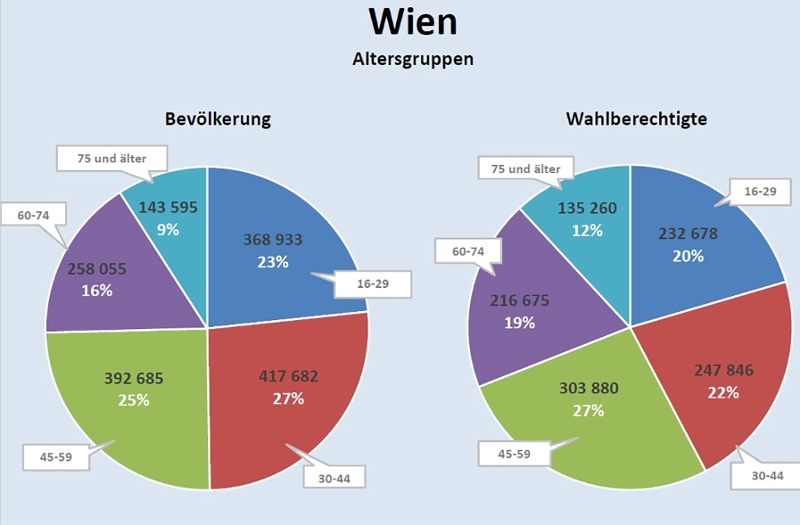
Gerd Valchers
Die Wahlberechtigten sind im Durchschnitt älter als die Bevölkerung im Wahlalter. Das Durchschnittsalter unter der nichtösterreichischen Bevölkerung ist niedriger als unter der österreichischen und damit gibt’s eine Verzerrung.“
Furthermore, Valchars highlights a distortion when it comes to urban and rural populations and describes the eligible votes as “über-niederösterreichert oder unter-wienert”. Lower Austria has 200.000 fewer residents than Vienna but has nearly 130.000 voters more than the capital city. “Wiener sind benachteiligt … Wiener sind auf der Nationalratsebene, auf der Bundesebene unterrepräsentiert“.
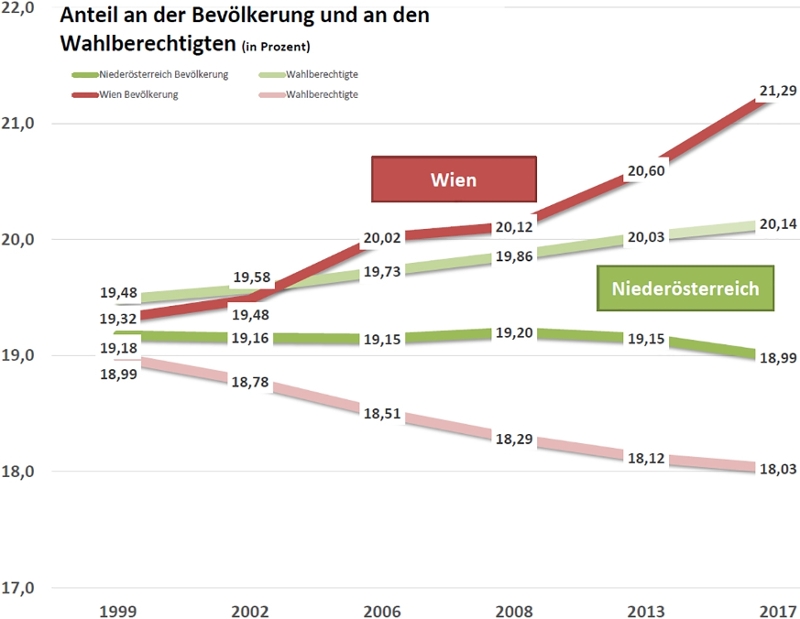
Gerd Valchers
So, what can be done to address this? There are two things that could be changed: one would be to introduce voting rights for non-citizens. Given that this is a very unusual practice – only four countries in the world have done this: New Zealand, Malawi, Uruguay and Chile – and as the three strongest political parties in Austria are against this idea, it’s not going to happen. The other option would be to make it easier to get citizenship and to allow dual citizenship for those who acquire Austrian citizenship, as many would qualify do not apply because they are reluctant to give up their existing citizenship. But given the tone of some of the election campaigns at the moment, it doesn’t look like this is going to happen any time soon.
I guess the only option for non-Austrians for the foreseeable future is to cast a vote in the Pass Egal Wahl.
Publiziert am 17.09.2017










